News & Media
BMR and Unisa announce Economist of the Year 2024 winners
The Bureau of Market Research (BMR) (Pty) Ltd hosts the annual Economist of the Year (EoY) competition jointly with Unisa, bringing together passionate economic pundits vying to predict the oftentimes difficult-to-predict economic turbulence of the global financial markets, scaled down to pinpoint the South African economy. Such economists are able to achieve accuracy, so much so that their predictions are viewed as authoritative in foretelling the economic market direction.
On 19 June 2025, this year’s awards ceremony, themed 65 years of insights, 65 years of impact, drew some of Africa’s top economic gurus. The winners crowned best predictors and jointly sharing the number one spot were econometrician Dr Johannes Jordaan, a two-time EoY winner, and independent economist Ulrich Joubert. Jee-A van der Linde, a senior economist at Oxford Economics Africa, was the runner-up.
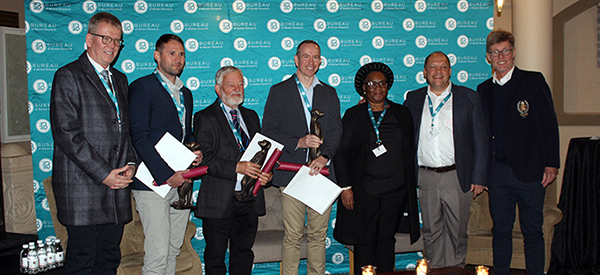
From left: Prof Corné van Walbeek, Jee-A van der Linde, Ulrich Joubert, Dr Johannes Jordaan,Dr Nonhlala Mabuza, Prof Deon Tustin and Prof Carel van Aardt
The winners were announced by Dr Nonhlanhla Mabuza, acting Director: Revenue and Treasury Management at Unisa, and Prof Corné van Walbeek, the University of Cape Town’s Director of the Research Unit on the Economics of Excisable Products.
Celebrating the art and craft of economic forecasting
In his opening remarks, BMR’s CEO, Prof Deon Tustin, said that this event not only celebrates the art and craft of economic forecasting but also acknowledges the indispensable role of economists in shaping South Africa’s economic future. "Today we honour those who dare to do what only a few can take up – predicting the economic tide of our nation with confidence and competence," he said.
Continuing, Tustin emphasised that these awards, while competitive in their design, are not merely about numbers and results. "Global geopolitics and economic shifts have a significant impact on local economics in that they affect citizens, businesses, academics and entrepreneurs, yet ultimately foster a new generation of economic leaders," he said. "In addition, the value derived from these predictions provides a reliable compass for individuals and investors to navigate the economic landscape of South Africa. The invaluable input from their accurate predictions provides timely information for planning and remaining resilient. Their acumen drives better forecasting to inform and strengthen South Africa's economic policy framework for sustainable growth, helping to shape a more prosperous nation."
Tustin stressed that economic forecasting is more than just asking the right questions. "Rather," he said, "it is about finding the answers in the world of uncertainty, where every person seeks clarity, not certainty. Economists play a crucial role in validating information, challenging assumptions, and providing reliable frameworks that enmesh with the day-to-day activities of our lives."
Revitalising land reform policies
Guest speaker Wandile Sihlobo, Chief Economist: Agricultural Business Chamber of South Africa, tabled a list of yet-to-be-fulfilled yet formulated policies on Agriculture. He argued: "Reality proved that there are far too many demands on resources in most countries, and spending remains below the Comprehensive Africa Agriculture Development Programme targets. Even South Africa doesn’t score well in the targets, scoring 4.1 out of 10. One of the development programme recommendations is that South Africa should increase public expenditure in agriculture, enhance access to agricultural inputs and technologies for smallholder farmers, and enhance access to agricultural financial services for men and women engaged in agriculture."
Continuing, Sihlobo introduced another topic: Inertia, thirty years of making plans, during which he stressed the revisiting and reviving of land reform projects for a greater economic impact derived from farming.
In conclusion, Sihlobo advised that if the government were to do things differently, it should start by increasing the pace of policy reform to continue stimulating private sector investments and embrace private sector partnerships and participation. In addition, he urged the ramping up of public investments to strengthen regional food value chains and encourage intra-African agricultural trade.
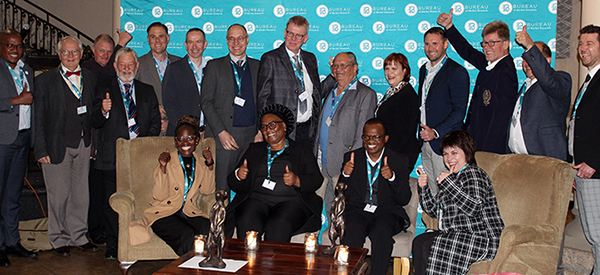
Economic pundits from various sectors celebrating the MBR/Unisa 2024 Economists of the Year
Providing background to the rigorous processes that the more than 35 competing economists engaged in fulfilling the prerequisites of being recognised by BMR and Unisa’s competition, Prof Carel van Aardt, Research Director: Marketing Intelligence Research Division of BMR, provided some of the variables which had to be forecasted:
- Average consumer inflation rate for 2024
- Average prime interest rate in Q4 of 2024
- Average ZAR/USD exchange rate in Q4 of 2024
- Average Brent crude oil price in 2024
- Average real annual household expenditure growth rate of 2024
Concluding, Tustin said that good questions outrank easy answers, adding: "This phrase captures the essence of economic forecasting in that we do not guess the future, we interpret it to provide informed insights, as the BMR has been doing so over the past 65 years."
*By Godfrey Madibane, Acting Journalist, Department of Institutional Advancement
Publish date: 2025-06-20 00:00:00.0


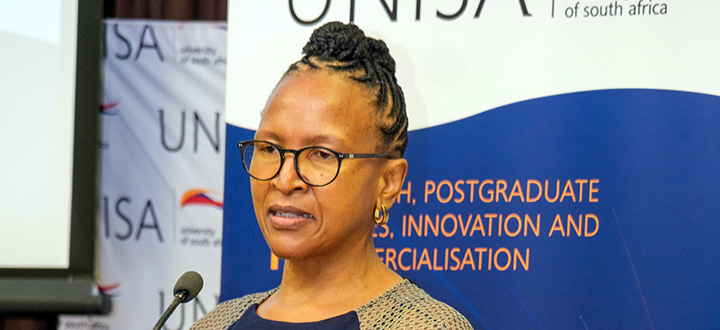 Study finds black men underrepresented in public healthcare facilities
Study finds black men underrepresented in public healthcare facilities
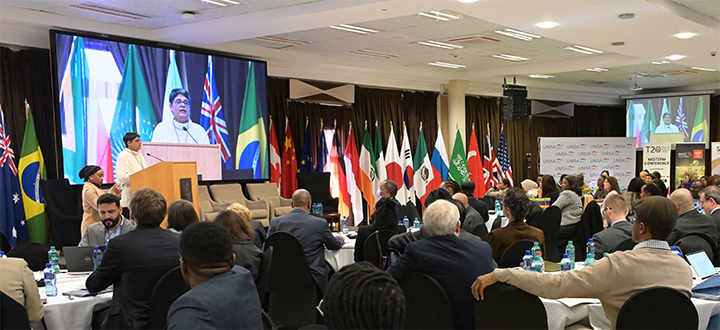 World's foremost thought leaders converge on Unisa
World's foremost thought leaders converge on Unisa
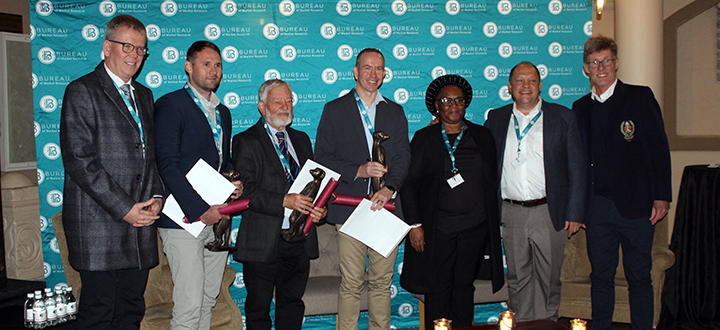 BMR and Unisa announce Economist of the Year 2024 winners
BMR and Unisa announce Economist of the Year 2024 winners
 Unisa improves its position in the Times Higher Education University Impact Rankings
Unisa improves its position in the Times Higher Education University Impact Rankings
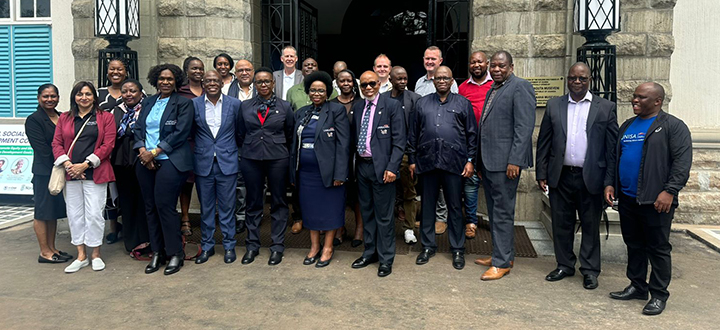 Unisa solidifies ties with Uganda’s largest university
Unisa solidifies ties with Uganda’s largest university